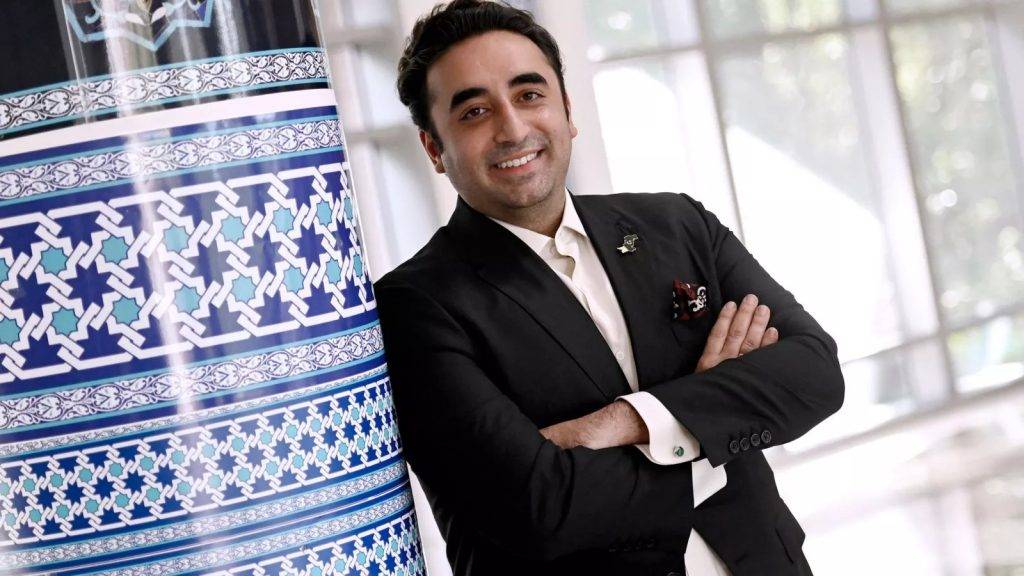The University of Sargodha (UoS) has marked a significant milestone in the academic world with the inauguration of the inaugural “Research Arena 2024”. The event promises a week-long extravaganza of intellectual exchange, innovation, and academic brilliance.
The opening ceremony was graced by esteemed dignitaries including Prof. Dr. Zia Ul Qayyum, Executive Director of the Higher Education Commission (HEC) Islamabad; Prof. Dr. Muhammad Ali Shah, Vice Chancellor BZU Multan; Prof. Dr. Muhammad Ramzan, Vice Chancellor Emerson University Multan; Prof. Dr. Sajid Qamar, Rector COMSATS University Islamabad; Base Commander Sargodha, Hassan Faisal Sultan; and Prof. Dr. Qaisar Abbas, Vice Chancellor of the University of Sargodha.
The Research Arena 2024 aims to cultivate a culture of research excellence and scholarly engagement through a diverse range of activities, including international and national conferences, seminars, panel discussions, workshops, exhibitions, forums, and colloquiums.
Addressing the audience at the opening ceremony, Prof. Dr. Qaisar Abbas highlighted the University’s commitment to providing a premier research platform and expressed pride in its role as a pioneer in collaborative research efforts.
Prof. Dr. Zia Ul Qayyum lauded the University of Sargodha for its innovative initiative, emphasizing the potential of such endeavors to redefine the role of educational institutions in society. He stressed the importance of leveraging technological advancements in education to meet the challenges of the digital era.
Both Prof. Dr. Muhammad Ali Shah and Prof. Dr. Muhammad Ramzan emphasized the critical role of educational institutions in shaping future leaders and driving socioeconomic development. They advocated for a holistic approach to education that combines academic excellence with practical skills.
The Research Arena 2024 kicked off with various key activities on its first day, including the 4th International Conference on Educational Sciences and Research, Research Expo-2024, International Art Expo, CEO Forum, and civic engagement activities.
Prof. Dr. Riffat Nissa, Director of the Institute of Education, extended a warm welcome to international and national participants of the International Education Conference 2024, underscoring the significance of the event in advancing academic discourse.
Expressing gratitude towards the guests, Prof. Dr. Mian Ghulam Yasin, Pro. Vice Chancellor UoS, highlighted the importance of their presence in making the Research Arena 2024 a resounding success.
Earlier, Prof. Dr. Ahmed Raza Bilal, Director of ORIC UoS, outlined the objectives of the week-long research arena, setting the stage for what promises to be a groundbreaking event in the academic calendar.
The Research Arena 2024 is poised to set new standards in academic excellence and collaborative research, reaffirming the University of Sargodha’s position as a leading institution in Pakistan’s educational landscape.





